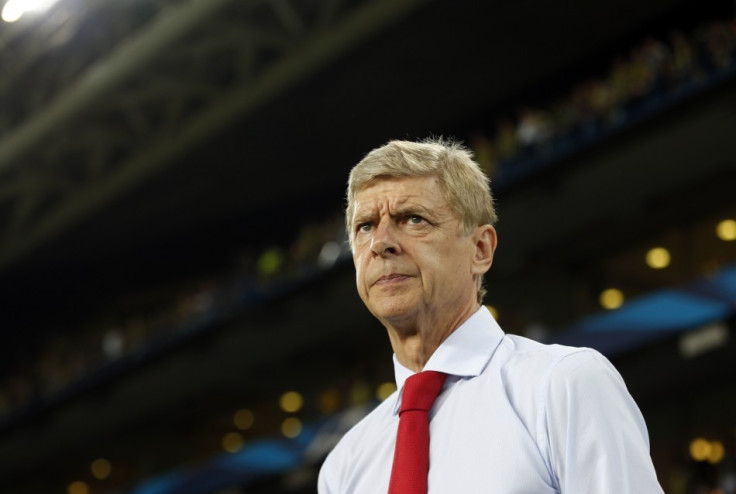Arsenal Striker Urged to Leave the Gunners or Risk Being Snubbed for National Team
Arsenal striker Park Chu-Young has been warned by Hong Myung-Bo, the manager of South Korea, that he must leave the Gunners or risk being snubbed for the national team. The 28-year-old, who joined Arsenal on deadline day in 2011, has fallen out of favour with Arsene Wenger and is yet to start a Premier League game since his arrival at the club.

"Park knows what he has to do. He must find a new team if he wants to remain in the national team, "Myung-Bo said when asked about Park and hi career at Arsenal.
The Gunners are short up front, with Yaya Sanogo out injured but the manager has given no indication that Park may be used as a back-up option in the absence of the Frenchman. The Korean featured for his country in the Olympics in 2012 but a lack of first team opportunities around the clock may hinder his chances of representing South Korea in the 2014 FIFA World Cup.
The player was loaned out to Celta Vigo last season where he struggled for goals and has reportedly been told by Wenger that he has no future at the Emirates. The player has attracted interest from Urawa Red Diamonds in Japan but he is unwilling to give up on a lucrative salary he is currently earning at Arsenal to move back to Asia.
Meanwhile former Arsenal goalkeeper Jens Lehmann has revealed how blending in with the players following his arrival at Highbury in 2003 wasn't all that difficult. Mesut Ozil will make his debut for the Gunners against Sunderland this weekend and Arsenal's new record signing can take inspiration from the veteran goalkeeper to try and make himself comfortable on his first week at the club.
"I came here and said to the boss that I would try to fit in as soon as possible. I knew that he could speak German and I asked him to help me in case I was missing a couple of words. I was good at organising but to come here and organise a defence in a different language was something I thought would not be easy. It turned out not to be difficult. You only need around 100 words in English and most of them are faster than the German equivalent. For example, if you say 'turn', in German you say 'dreh dich um'. There were some words that were really fast and straightforward in comparison," Lehmann told www.arsenal.com.
© Copyright IBTimes 2024. All rights reserved.







